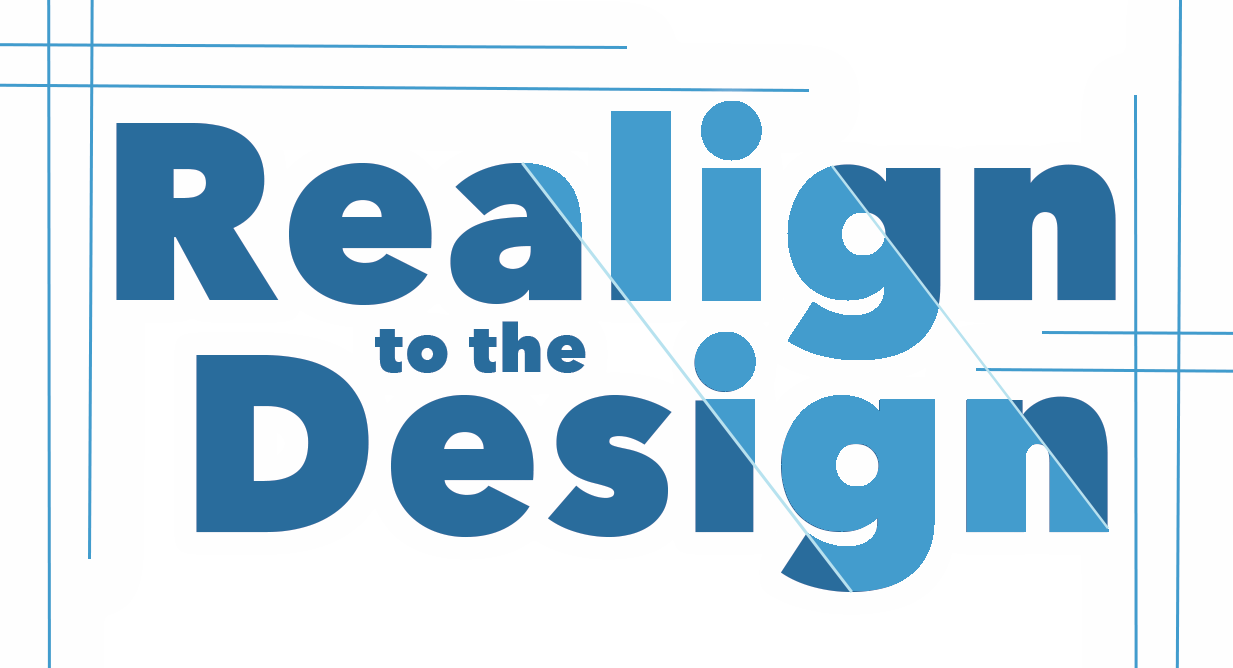Thanks to Dr Katz for this link about sugars (a good advantage of following some people you know who are professionals and are watching for the same kinds of things you are).
Are Sugar Really That Different? This article walks us through a wide variety of the options (note they are all natural sweeteners) and gives us the low-down on how healthy they are. Turns out the basic bottom line is "choose your favorite" and "limit your consumption" - No, REALLY limit your consumption.
From the article: "Ultimately, at the digestive level, your body doesn’t differentiate the food sources of any of these simple sugars. The American Heart Association recommends that most men and women limit their intake of added sugars to no more than 150 calories for men and no more than 100 calories for women. That’s not a lot. For example, one tablespoon of table sugar has approximately 48 calories and about 12 grams of sugar. So women should limit their intake to two tablespoons (six teaspoons) max and men, three tablespoons (9 teaspoons). How much sugar do you add to your morning coffee? How much is in the cereal you eat for breakfast? Many people are already in excess of their daily sugar intake before their mid morning snack!"
One teaspoon of granulated sugar is about 4 grams (since most of the labels give portion size in grams). A little detective work in your grocery store can quickly show how fast sugar adds up. Raisin Bran for breakfast is already 18 grams of sugar in one serving (assuming you only take the one and one quarter cup serving!). That is already 4.5 teaspoons of sugar... almost all of what women need for the day and fully half of what men need, just at breakfast!
So what about artificial sweeteners? You can check out a Harvard study for some insight. Generally, the research I read says replacing natural sugar with artificial sugar is the classic 'jumping from the frying pan into the fire'.

